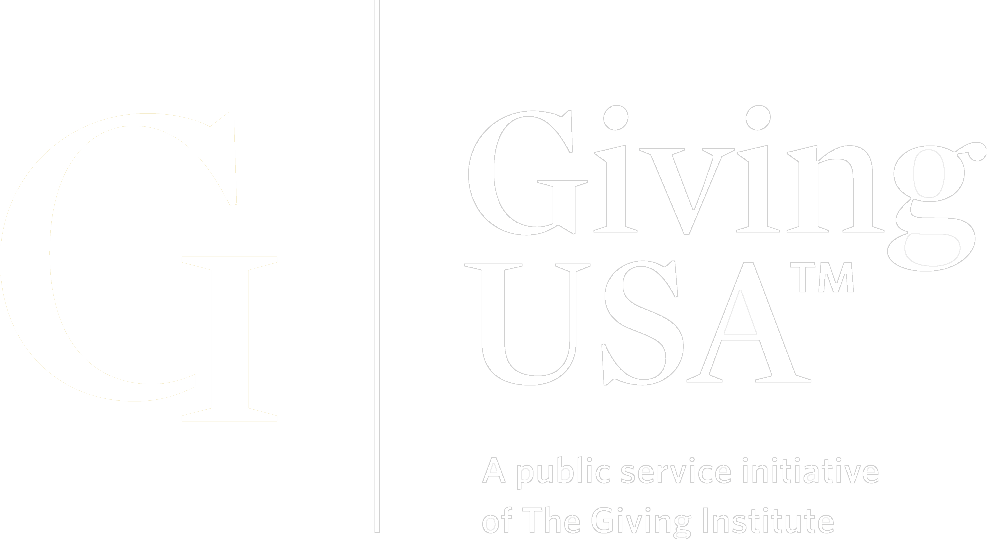By Karen West, Senior Grant Writer
While there are many requirements that must be addressed for each proposal, there are also some general issues that are common to all types of grants. The Professor’s top three tips can guide you to success.

Funders want to see proposals that are innovative, creative and demonstrates that your proposal will have a positive outcome. Throughout the proposal you will be making a case for your approach as the best for resolving a particular set of problems and needs. The very best grants are funded because the writer tells a compelling story that is easy to read and is a good match between the agency’s purpose and mission and the funders.

Identify all of the directions for submission and writing the narrative first. The RFP is the rule. Whatever it says to do – do it. Don’t try to get away with the .7 margin if it says it should be a 1 inch margin… To the best of your ability, use the same format and numbering system as the outline in the directions. The reader will be following a guide similar if not identical, don’t make her look for the answer. Finally answer all the questions completely, competition for grants is such that you cannot afford to miss a single point so be careful.

Many grants are denied because the proposal was difficult to read or because the language was vague, confusing, or inconsistent. While new, creative, and innovative approaches are desirable, your idea must also be balanced with knowledge of the field, insight into successful and failed approaches from the past, and must be realistic and logical. Use basic declarative sentences and state facts or arguments. Avoid technical jargon, overuse of acronyms and big words just to impress. It won’t work. The funder wants to know that you are a professional and can be trusted with their money. Include accurate data, relevant resources, cite sources, don’t lie, double check your math and let someone else read it before you send it.
And finally, Professor M.G. is going to start a recovery group for those addicted to spell checkers because even thou you run your proposal through it there are still mistakes it will not sea.
For more information about Byrne Pelofsky’s grant writing services, contact us at 816.237.1999 or at info@byrnepelofsky.com


